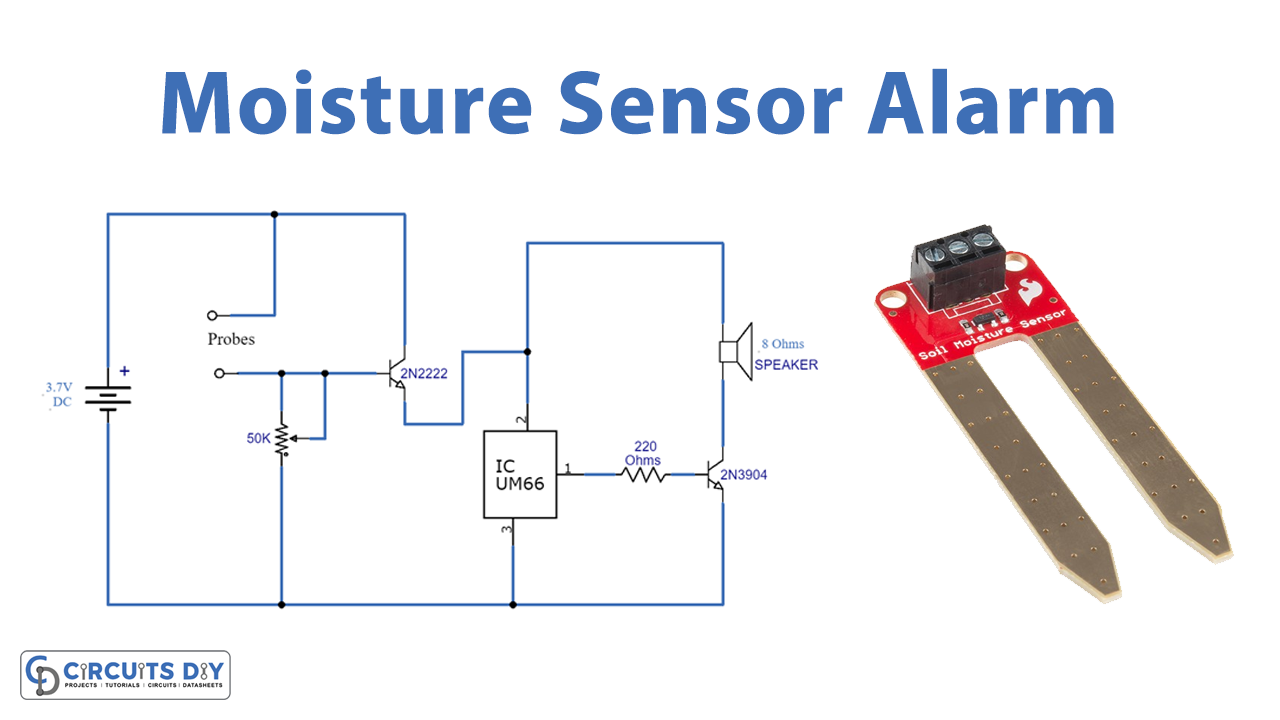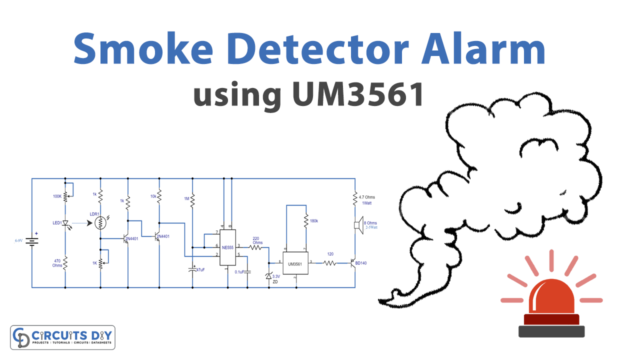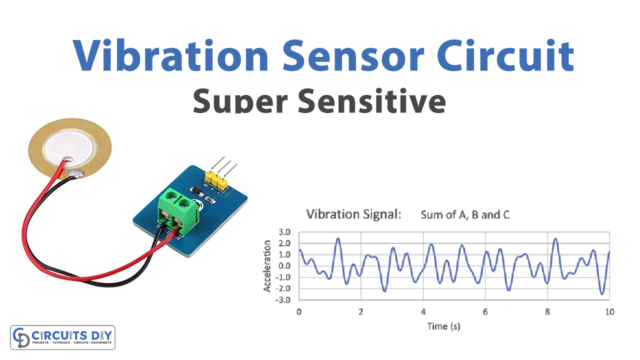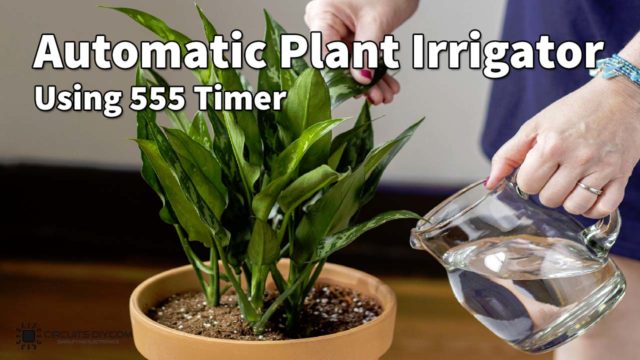In this tutorial, we are going to make a Moisture sensor circuit. These circuits are useful for everyday life as well as some electronic projects. It is a simple musical alarm circuit that produces a tone when moisture or any liquid comes in contact with the probes. This circuit is based on the transistor and a melody generator IC UM66.
UM66 is a three-pin IC that looks like a transistor. The three pins are ground, VCC, and melody output respectively. The supply voltage that can be given to this IC ranges from 1.5V to 4.5V and it should not exceed. Otherwise, there are chances of damage to this IC. If you are using a supply voltage greater than 4.5V then use a Zener diode. It contains a beat and tone generator. The tone generator produces a frequency which is a factor of the oscillator frequency. Whereas the beat generator contains all the available beats.
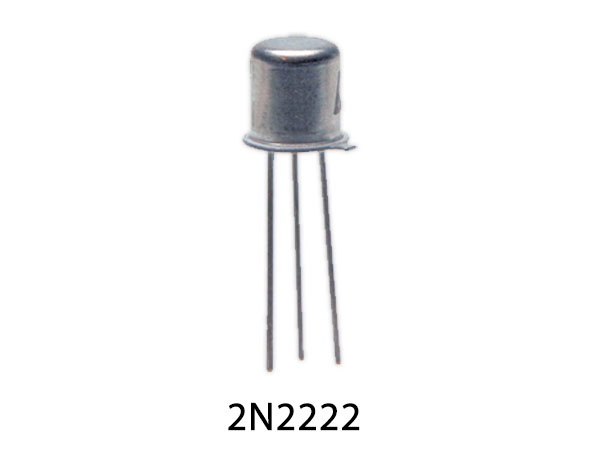
Hardware Components
The following components are required to make a Moisture Sensor Alarm Circuit
| S.no | Component | Value | Quantity |
|---|---|---|---|
| 1. | DC Supply | 3.7V | 1 |
| 2. | Transistor | 2N2222, 2N3904 | 1, 1 |
| 3. | Probes | – | 1 |
| 4. | Melody Generator IC | UM66 | 1 |
| 5. | Resistor | 220Ω | 1 |
| 6. | Speaker | 8Ω | 1 |
| 7. | Variable Resistor | 50K | 1 |
2N2222 Pinout

For a detailed description of pinout, dimension features, and specifications download the datasheet of 2N2222
UM66 Pinout
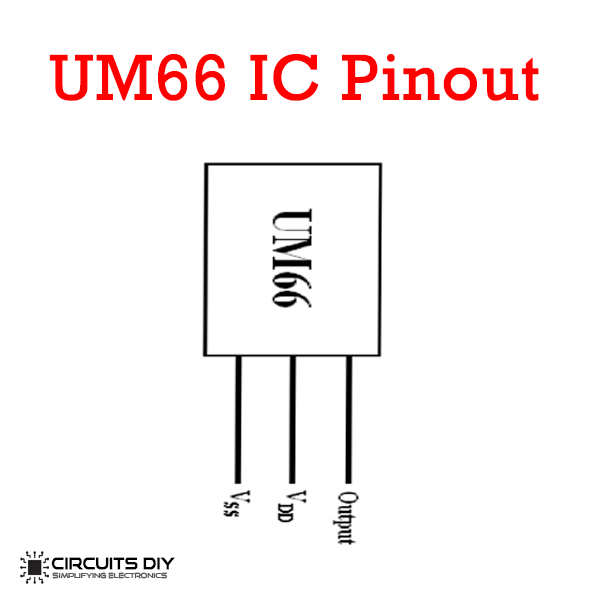
For a detailed description of pinout, dimension features, and specifications download the datasheet of UM66
Moisture Sensor Alarm Circuit

Working Explanation
Since the IC UM66 has very low power consumption this circuit can be operated at 3.7 volts DC. Two probes are connected to this circuit to detect the presence of moisture. Transistor T1 is used as a switch. When the probes detect moisture it will activate T1 which turns on the melody generator IC.
A variable resistor of 50K ohms is used to adjust the sensitivity of this circuit. The output generated from the IC is further amplified through a transistor Q2 which drives the 8 ohms, speaker. So when there will be moisture present you will get to listen to a sound from the speaker, no sound will indicate the absence of moisture.
Applications and Uses
This circuit is ideal for detecting moisture in many things such as plant soil, wood, irrigation areas, etc.


